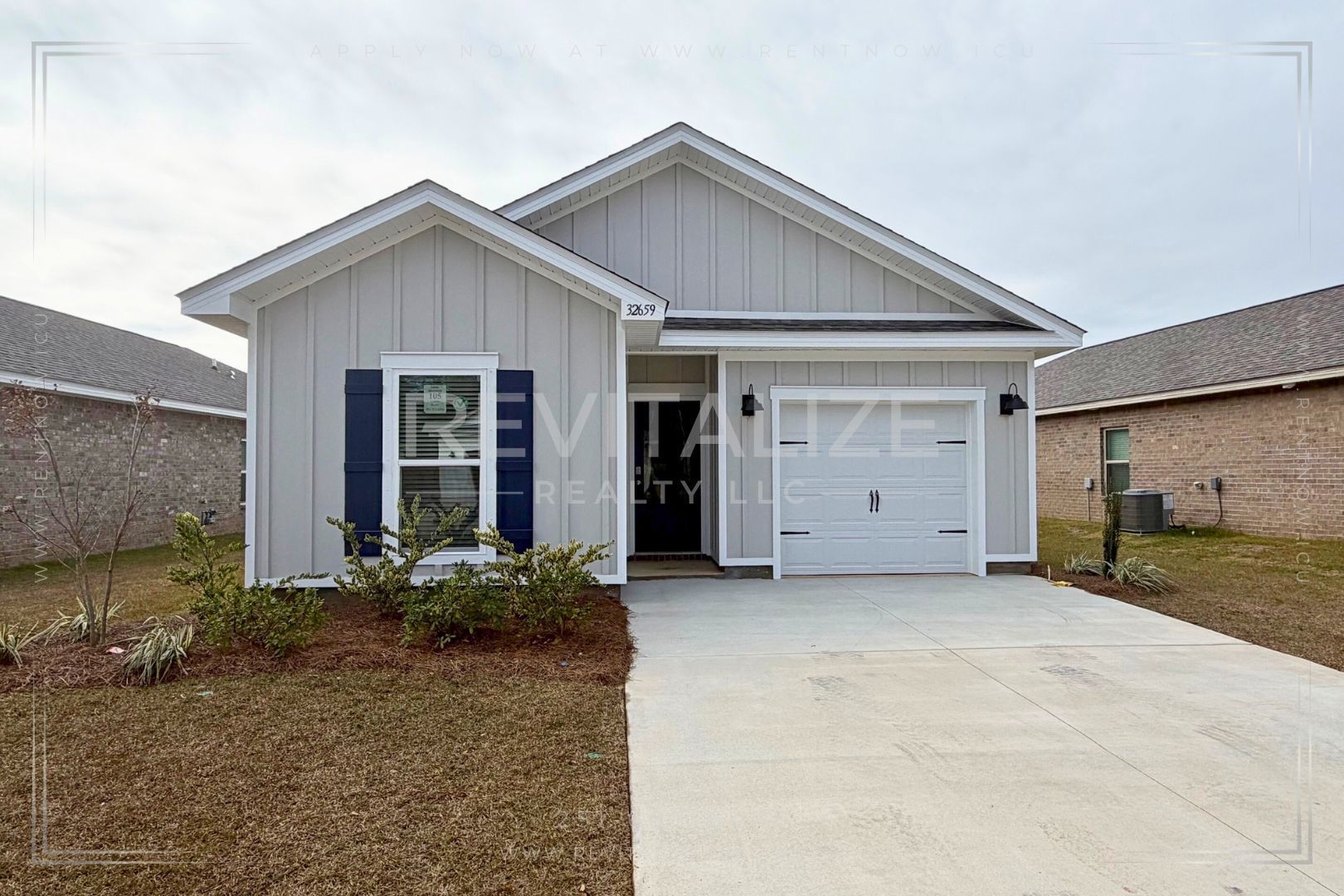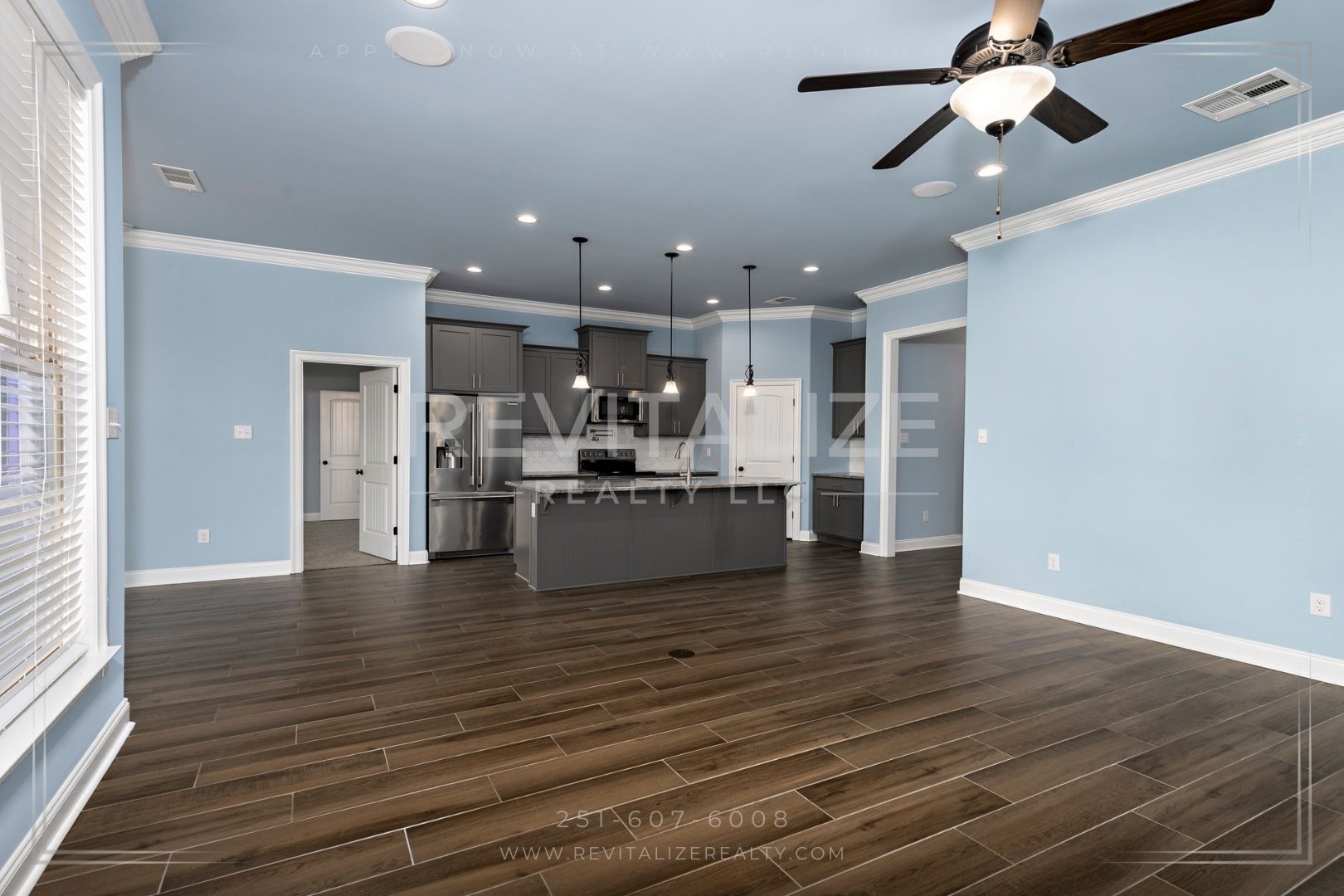Location Location Location !
Why Location Is the Most Important Factor in Real Estate Investment

When it comes to purchasing an investment property, there’s one factor that consistently outweighs all others: location. While features like updated kitchens, curb appeal, or even square footage may influence a home’s immediate value, it’s the location that determines long-term growth, rental demand, and profitability. For investors, choosing the right neighborhood is the foundation for both stability and return on investment.
Why Location Matters
Real estate is often described as a “long game,” and location dictates how well your property will perform over time. A great location can help your property appreciate in value, attract high-quality tenants, and minimize vacancy rates. Conversely, even the most stunning home in a less desirable area may struggle to hold its value or generate consistent income. Location sets the stage for demand—and demand drives success.
Key Factors That Influence Location Value
- Proximity to Jobs and Economic Growth
Areas with strong job markets, thriving industries, or expanding business hubs typically attract renters and buyers. People want to live close to where they work, and a robust economy signals ongoing demand for housing. - Quality of Schools
Even if you don’t plan to rent to families, being near reputable schools adds value. Good school districts are a top priority for many buyers, and properties in these areas often experience higher appreciation rates. - Access to Amenities
Convenience matters. Proximity to shopping centers, restaurants, parks, fitness centers, and entertainment venues makes a location more appealing. Walkability and easy access to daily necessities can significantly boost rental demand. - Transportation and Infrastructure
Properties near highways, public transit, and airports are highly desirable for commuters. Infrastructure projects, such as new highways or transit expansions, can also drive future appreciation. - Neighborhood Safety and Appeal
Crime rates and overall neighborhood character strongly influence both tenant interest and resale potential. Clean streets, community pride, and well-maintained properties create lasting value. - Future Development
Savvy investors look beyond current conditions. Planned developments—such as new schools, shopping centers, or commercial projects—can increase property values. However, it’s equally important to watch for oversaturation, which could negatively affect demand. - Lifestyle and Demographics
Different neighborhoods attract different tenant bases. For example, young professionals may prefer vibrant downtown areas, while families may seek quiet suburban communities. Understanding the target market helps match the property to the right audience.
When buying an investment property, you’re not just purchasing a building—you’re investing in the community and its potential. While renovations and upgrades can add value, location is something you can’t change. By carefully considering factors such as employment opportunities, schools, amenities, safety, and future growth, investors can position themselves for long-term success.































